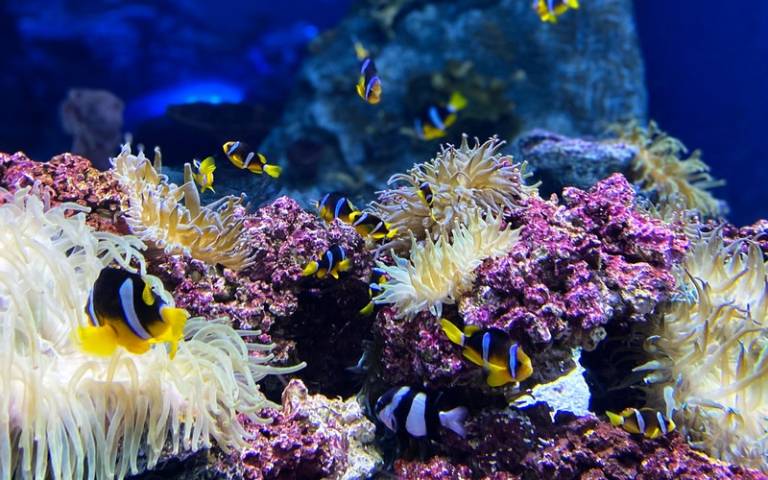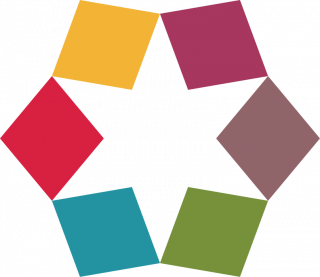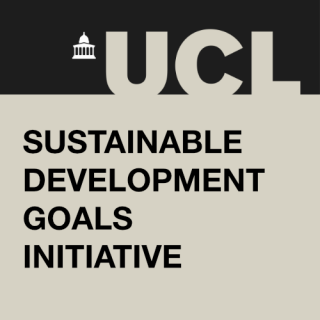‘Rebuilding Reefs’: Measuring habitat complexity to improve methods for coral reef restoration.
Leveraging the power of structure-from-motion photogrammetry and 3D reconstruction, this collaborative project advances our understanding of effective coral reef restoration practice.

1 September 2022
Pantropical coral reef degradation is jeopardising marine biodiversity (UN SDG 14) and the crucial ecosystem services that it provides (UN SDGs 1, 2, 3, 8 and 10). Active reef restoration programmes attempt to combat this by rebuilding the physical reef habitat and re-establishing communities of reef-dwelling organisms. However, the effectiveness of this approach is largely unknown.
The project proposes a collaborative initiative with existing partners that will address SDG 14 by advancing the understanding of how to effectively rebuild the physical structure of damaged coral reefs. Leveraging on existing partnership, the project team worked with two Indonesian female collaborators to conduct fieldwork into the success of reef restoration in Makassar, South Sulawesi – an island of the Spermonde Archipelago, Indonesia.
Real live footage of the restoration area was captured and using structure-from-motion photogrammetry, was reconstructed into 3D reef models that can be measured for habitat complexity metrics (i.e. rugosity, coral cover, fractal dimension and many more). The funding provided the models which are being used in virtual and augmented reality models that are also used for wider public engagement and have been showcased at the Southbank Centre Planet Summer and the Royal Geographical Society, in addition to UCL East Grand Opening.
This project empowered Indonesian female scientists to go out into the field and collect data using high specification equipment and to learn methods that are at the forefront of coral reef research. Furthr works are being undertaken that builds off this project, including multiple publications and conference presentations.
 Close
Close




